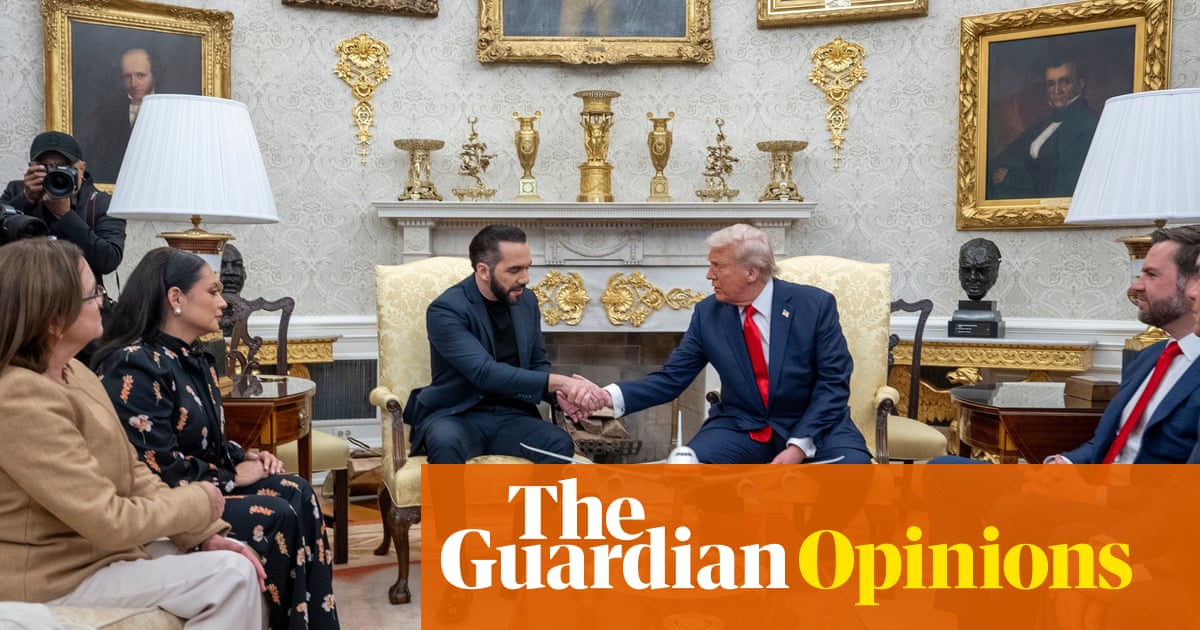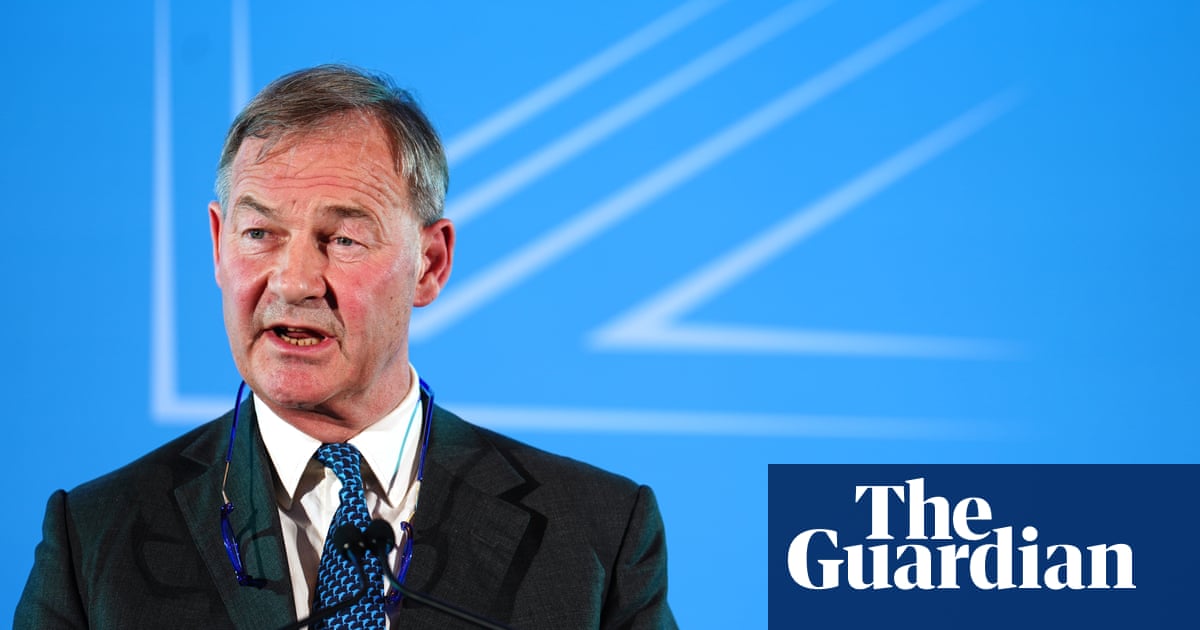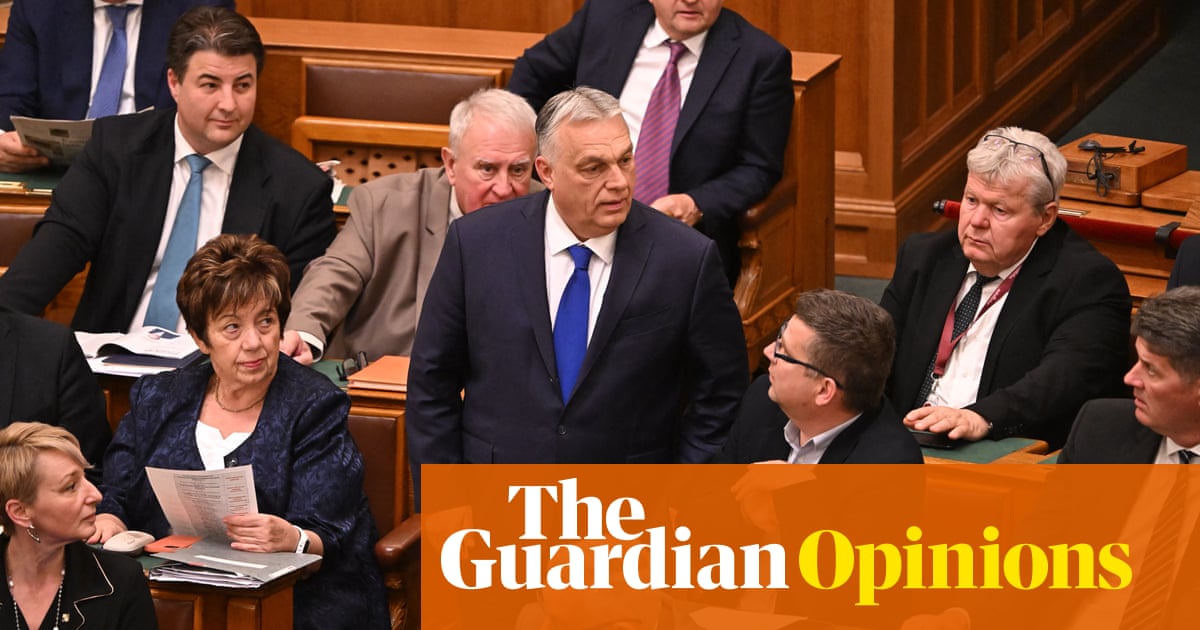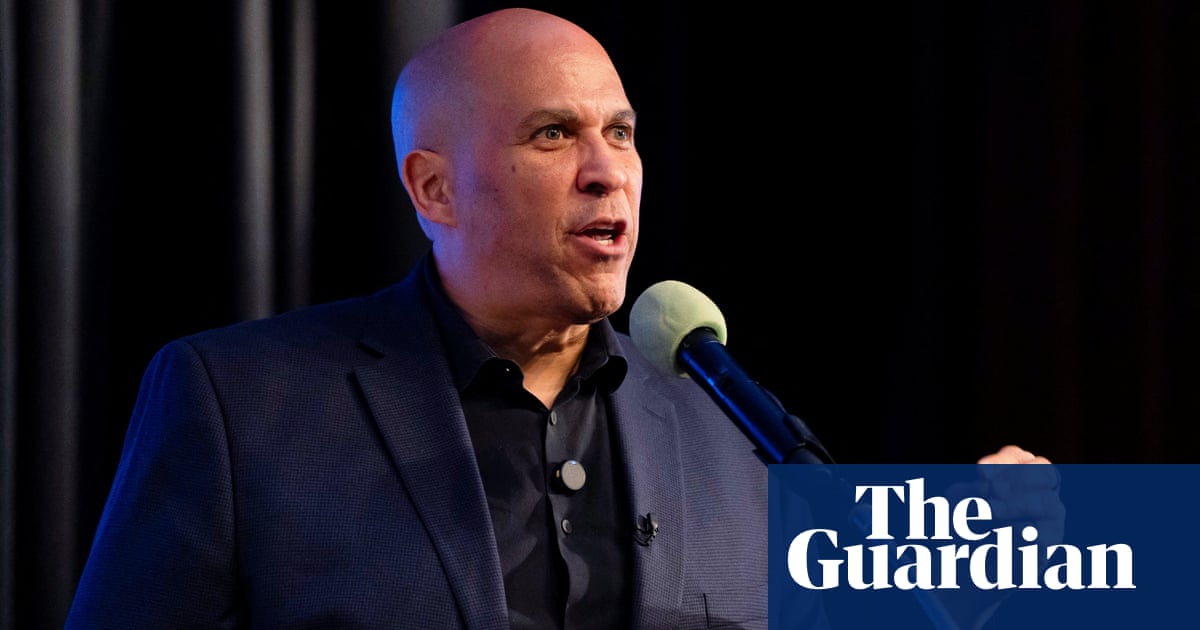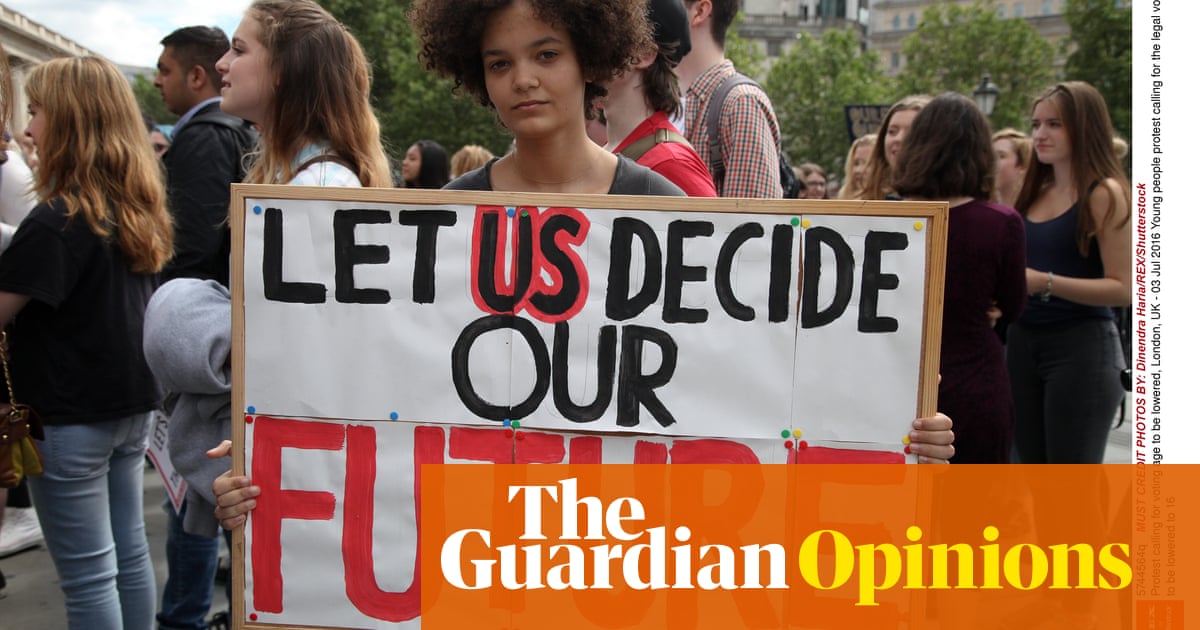Whatever Britain’s relationship with the US under Donald Trump might be, it should not be called an alliance. That word implies common goals, shared burdens and trust – a cooperative model that is not available from the White House.
Trump’s warped concept of reciprocity is encapsulated in his belief that foreigners are guilty of “pillage” when they sell more goods to the US than they buy in return. The punitive levy, applied in proportion to the offending nation’s excess exports, is a “reciprocal” tariff in the president’s lexicon.
Britain will be charged the baseline rate of 10%. That has been reported as a mercy, attributed by optimistic officials to deft Downing Street diplomacy or, since the EU will pay twice as much, a happy side effect of Brexit.
The likelier explanation is that a mindless White House equation, ranking nations by villainous trade balance, plonked Keir Starmer in the same column as the penguins of the Heard and McDonald islands. Britain faces additional 25% tariffs on car exports, steel and aluminium. On that score, the penguins have a more special relationship.
It could have been worse, so perhaps Starmer’s courtship of Trump did have some mitigating effect. If not, maybe, it lays the foundations for future leniency. This is what the government is hoping and why ministers are careful with their language. The plan is still to do some kind of economic deal with Trump. The morning after the tariffs were announced, Jonathan Reynolds, the business secretary, was sticking to the line that “America is a friend; America is our principal ally.”
That was true once. It might one day be true again. Today it is, at best, a deliberate lie, told because the truth, if spoken aloud and reported back to the White House, would be provocative. Fear of committing lèse-majesté against King Donald is now encoded in every public expression of UK foreign policy.
Some caution is sensible, but not if it gets internalised as a comforting delusion that Trump’s America is the same country as the one that Britain has allied with for decades. That is an alluring idea for policymakers because it means the standard diplomatic manuals, the templates of international statecraft and the usual transatlantic channels can still work.
There is a strong impulse to sanitise the actions of the Trump regime in terms that fit existing mental models of American democracy. The message from Downing Street is that the US president is acting according to his mandate. The tariffs might be unwelcome, but they should be understood as a response to voter dissatisfaction with a broken global economy.
That is true in the elementary sense that angry American voters put Trump in the White House, and now he is doing things he promised he would do during the campaign. But if a policy was insane before the election, the unhinged candidate’s victory doesn’t suddenly make it rational.
The ingrained habit of seeing US politics as a complex, competitive and sophisticated milieu can lead people to project strategic cunning on to decisions when it isn’t supported by the evidence. A frame of reference drawn from democratic precedent applies a falsely moderating bias. The better comparators for Trump’s style might be the manias and whims of absolute dictators and deranged despots – Mao Zedong’s campaign to exterminate sparrows during the Great Leap Forward; Idi Amin’s mass expulsion of Uganda’s south Asian community.
Some checks and balances in the US constitution still function – the independent judiciary in particular. That makes the dissolution of democracy harder, but the courts can’t install respect for due process in a regime that is determined to do as it pleases.
The US’s former allies risk underestimating the predominance of paranoia, contempt for law and sheer stupidity in the Trump administration, and so expect too much from diplomacy and persuasion.
Not that Britain has much choice but to negotiate. The prime minister speaks of restraint, holding back from tariff-war escalation, and calls it cool-headedness. But even if he wanted to hit back, he wouldn’t have much of an arsenal. Unlike the EU, the UK lacks the market heft required to inflict targeted pain on American businesses, targeting Republican districts in ways that might put pressure on Trump.
Britain also has to tread carefully because its national security interests are so tightly bundled up with US military power. That isn’t just a matter of historic policy alignment but a technical integration of systems and software. The Pentagon holds the keys to a lot of UK defence capabilities.
For now, the security relationship is not on the table in discussion of economics and trade, but the line will blur. The Trump project is global in scope and fanatically ideological in content. Favour is bestowed on foreign politicians who will join a crusade to sweep away the clutter of multilateral governance, purge effeminate liberal decadence and assert white Christianity as the apex of civilisation.
The natural European partners in that enterprise are Vladimir Putin and his client constellation of far-right parties. Tolerance of their agenda, if not endorsement, will be a condition of deals with the White House. Starmer will not be able to keep trade and geopolitics apart. The price of concessions to Trump will be turning a blind eye to his sabotage of all the other institutions and relationships that British foreign policy has an interest in defending.
A sudden, drastic anti-American pivot isn’t viable given the scale of decades-long dependency. But there is a risk of letting that legacy, the muscle memory of an old transatlantic partnership, obscure the reality of what is now happening. It would be a mistake to invest too much diplomatic capital in pursuit of marginal favours from a regime that hates democracy and thinks reciprocity is for penguins. Britain more urgently needs allies who understand the meaning of the word.
-
Rafael Behr is a Guardian columnist

 1 week ago
13
1 week ago
13







